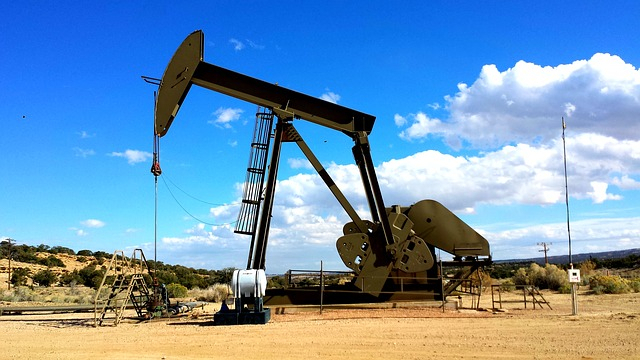Oil prices fell on Tuesday weighed down by a stronger dollar and oversupply concerns after it was announced that a trio of Gulf producers would end voluntary output cuts. Brent crude was down 46 cents, or 1.1 percent to $40.34 a barrel by 1134 GMT. West Texas Intermediate (WTI) crude fell 39 cents, or one percent to $37.80 per barrel.
A "slightly stronger U.S. dollar... is weighing on crude prices. Also the prospect of higher production from Saudi Arabia, Kuwait, UAE and Oman in July is not helping prices as well," UBS analyst Giovanni Staunovo said. The Organization of the Petroleum Exporting Countries (OPEC), Russia and other producers, a grouping known as OPEC+, on Saturday agreed to extend record cuts of 9.7 million barrels per day (bpd) until the end of July.
Kuwait and UAE Would Not Extend Cuts

Saudi Arabia, however, later said it, Kuwait and the United Arab Emirates would not extend cuts of 1.18 million bpd they are currently making on top of that OPEC+ target. As for the OPEC+ pact, de facto OPEC leader Saudi Arabia has called on participants to ensure they comply with their promised cuts. Azerbaijan said on Tuesday it has fulfilled its obligations with its compliance at more than 98 percent in May.
Kazakhstan said it had exceeded its May quota but would compensate for that in the coming months. There are also some concerns that recent signs of improving demand could prompt higher non-OPEC supply. "Healthy price levels can bring unrestricted production back from other countries, such as the United States and Canada... And if production rises there, prices will of course take a hit," said Bjornar Tonhaugen, head of oil markets at Rystad Energy.
Goldman Sachs raised its 2020 forecast for Brent to $40.40 per barrel and WTI at $36 but warned that prices would likely pullback in the coming weeks due to demand uncertainty and inventory overhang. Prices found some support earlier in the session after Libya's National Oil Corporation told employees to shut its Sharara oilfield just hours after maintenance operations started as an "armed force" had entered the site.








